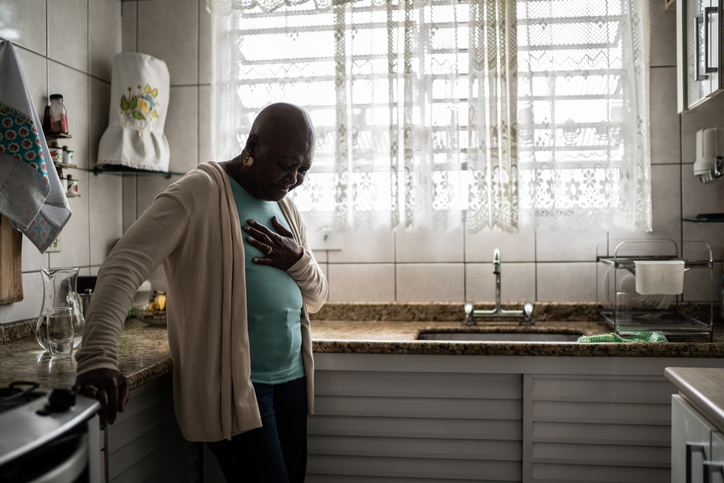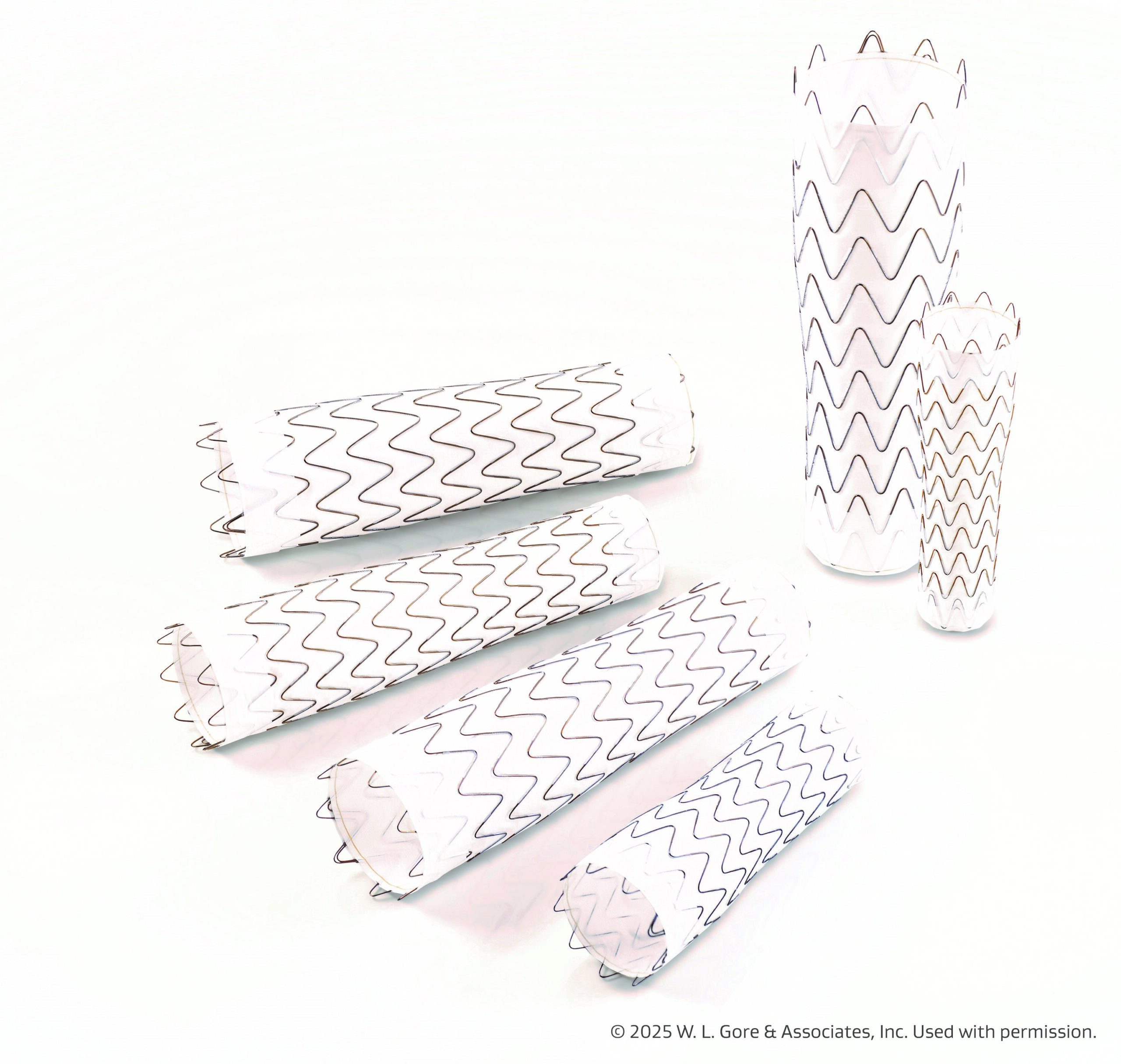
Newly presented data from the COAPT trial at TCT 2018 suggested that the MitraClip was associated with some improved outcomes and reduced hospitalizations in patients with heart failure (HF) and secondary mitral regurgitation.
Researchers for the parallel-controlled, open-level multicenter study randomized 614 patients with symptomatic HF with moderate-to-severe or severe secondary mitral regurgitation to receive either guideline-directed medical therapy (GDMT) with the device, or GDMT alone. The primary endpoint was annualized rate of all HF hospitalizations through 24 months, with a primary safety endpoint of freedom from device-related complications at 1 year.
There were 160 HF hospitalizations in the MitraClip group compared to 283 in the control group. The annualized HF hospitalization was 35.8% per patient-year in the device group compared to 67.9% per patient-year in the control group (HR=0.53; 95% CI, 0.40 to 0.70; P<0.001). One-year freedom from device-related complication rates were 96.6% (exceeding the performance goal of 88% for the primary safety endpoint; P<0.001). All-cause mortality was lower in the device group compared to controls (HR=0.62; 95% CI, 0.46 to 0.82; P<0.001).
Additionally, improvements in quality of life measures were observed in the device group, with a 12.5-point increase in the Kansas City Cardiomyopathy Questionnaire overall summary score compared to those of the controls.
“At two years, transcatheter mitral valve repair with the MitraClip device was found to be safe and effective. It substantially reduced the rate of hospitalizations and mortality, while improving quality-of-life and functional capacity,” added Gregg W. Stone, MD, Professor of Medicine at Columbia University Irving Medical Center, and Director of Cardiovascular Research and Education at the Center for Interventional Vascular Therapy at New York-Presbyterian/Columbia University Irving Medical Center, said in a press release. “This procedure gives cardiologists an important option for high-risk heart failure patients with secondary MR who remain symptomatic despite optimal medical therapy.”
Device a 'Game Changer' for Severe #Heart Failure? Tiny clip may be big advance for millions of Americans battling severe heart failure. Researchers: #mitral clip, inserted into the heart greatly lowered death rates. https://t.co/blHbheAjT6 #MitraClip #heartfailure #mitralvalve pic.twitter.com/yczzXtS4QE
— nybhealth (@nybhealth) September 25, 2018
Isn’t it too good to be true? https://t.co/8lx8JCmHjB
— Ahmed Al-Kaisey (@AhmedAlkaisey) September 25, 2018
#Mitraclip coming to prime time? Thoughts on differences in the trials? #MITRAFR vs #COAPT pic.twitter.com/M2yvhqIE1Q
— Iqbal Malik (@LCC_DrMalik) September 25, 2018
Contratulations to the authors of the COAPT trial…what a success! Hard to reconcile these with results from MITRA-FR, but clearly patient selection is paramount. #MitraClip #intervention https://t.co/01YGusca7z
— Amit Goyal MD MAS (@AmitGoyalMD) September 25, 2018
https://twitter.com/BunnyEllerin/status/1044359266646315008
Source: New England Journal of Medicine







 © 2025 Mashup Media, LLC, a Formedics Property. All Rights Reserved.
© 2025 Mashup Media, LLC, a Formedics Property. All Rights Reserved.